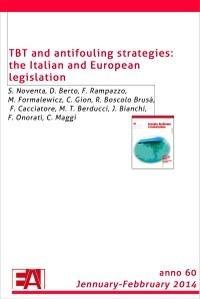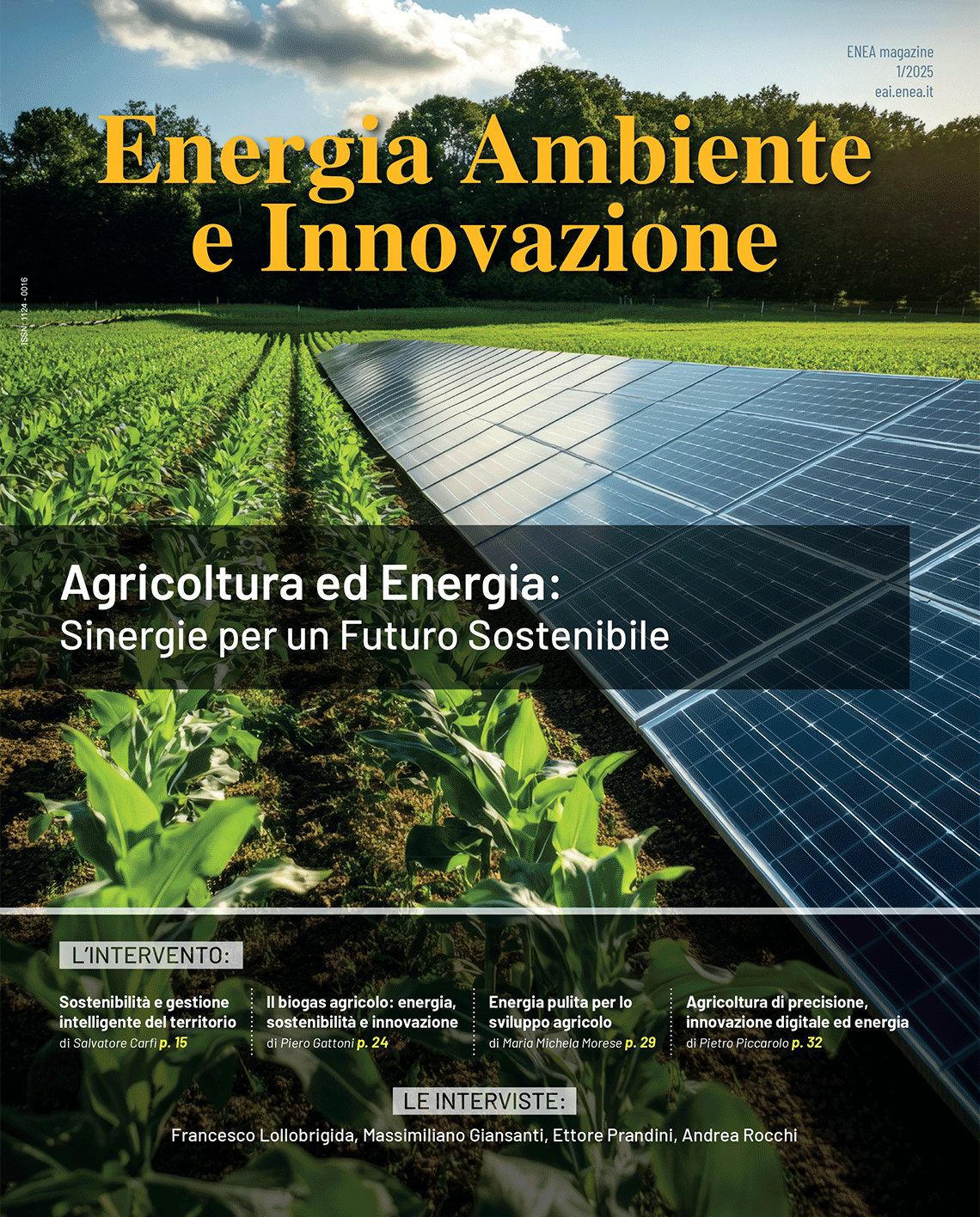
TBT and antifouling strategies: the Italian and European legislation
DOI: 10.12910/EAI2014-50
Seta Noventa, Daniela Berto, Federico Rampazzo, Malgorzata Formalewicz, Claudia Gion, Rossella Boscolo Brusà, Federica Cacciatore, Maria Teresa Berducci, Jessica Bianchi, Fulvio Onorati, Chiara Maggi
The detrimental effects on no-target marine organisms, associated with the widespread presence of TBT in the environments, called for international actions. In 2001, IMO adopted the AFS Convention, banning the application of TBT based antifouling paints after 2003 and requiring their absence from ships’ hulls since 2008. The EU anticipated the AFS ban, which entered into force only in 2008, by adopting the Regulation (EC) No 782/2003, which made immediately compulsory the restrictions imposed by the AFS Convention. TBT is part of the priority hazardous substances established within the scope of the Water Framework Directive (WFD; Directive 2000/60/EC), for which environmental quality standards (EQS) have been imposed at European level. Since coordination among the existing environmental regulations is a specific requirement of the Marine Strategy Framework Directive (MSFD; Directive 2008/56/EC), the achievement of these EQS in the European seas and the absence of TBT-related effects in the marine biota would be compulsory for attaining the Good Environmental Status
Seta Noventa, Daniela Berto, Federico Rampazzo, Malgorzata Formalewicz, Claudia Gion, Rossella Boscolo Brusà, Federica Cacciatore, Maria Teresa Berducci, Jessica Bianchi, Fulvio Onorati, Chiara Maggi - ISPRA

